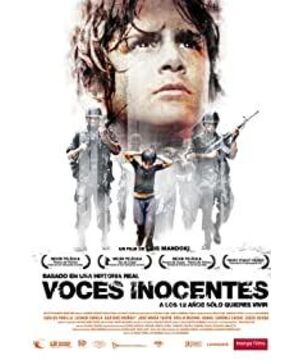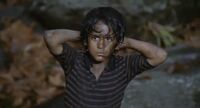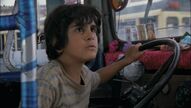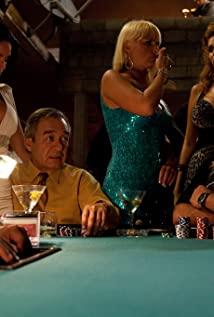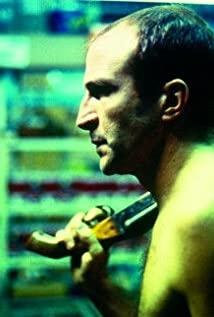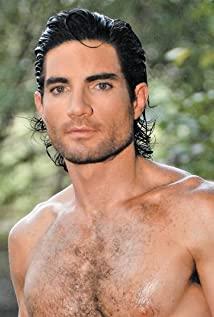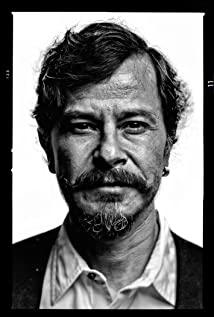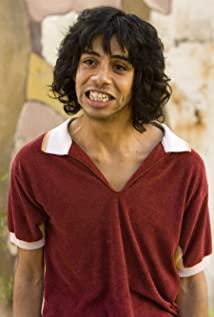Originally, I thought that I watched a lot of war movies, and I might be a little tired of aesthetics, but I still think this is a movie worth watching.
Based on a true story, the film describes the war as a 12-year civil war between government forces and guerrillas in El Salvador, Mexico in the 1980s. The difference is that the film is told from the eyes of an 11-year-old boy, Chava. At that time, the government would forcibly capture boys over 12 years old to serve as soldiers, so Chava and his companions were very afraid of their upcoming 12th birthday. Chava's father fled to the United States at the beginning of the war, and 11-year-old Chava took on the task of being the man of the family, living with his mother, sister and brother in a war zone between government forces and guerrillas. For them, they face either being caught in the government's army or joining the guerrillas, no matter what, the fate of killing and being killed.
In the movie, the priest said this: "Our children live in fear every day, and their faces no longer see innocence." Before the movie was about to end, Chava, who had escaped from the dead, returned to his home that was burned down by the fire, with tears on his dark face. That expression really didn't look like a child at all.
But they are still children. Their pure first love, they laugh and play, when they avoid conscription, they lie on the roof every night and count the stars happily. It is because of the simplicity of children that the movie is not heavy. In a way, there are some similarities to Hope and Glory that mapleye recommended earlier. Personally, I like this movie more, the simplicity and laughter on the front line are more touching.
View more about Innocent Voices reviews


